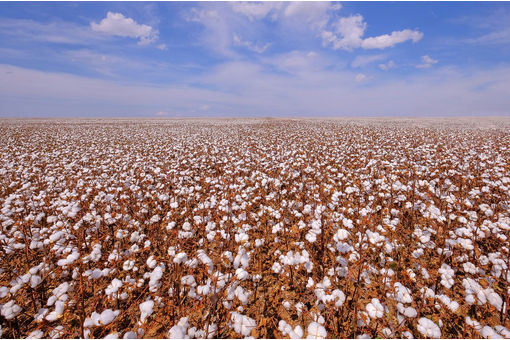Interviews
News Flash
'Price-competitiveness is crucial for China yarn market'
07 Dec '16
3 min read
Kikani Exports, India based yarn supplier with 12 years of experience in exporting to China, has a fully-equipped testing laboratory with latest technology for fibre and yarn quality assurance from the Uster Group, a high-technology instrument manufacturer for quality certification in textiles. Kikani MD Vrajesh Kikani shares his views on China yarn market.
As a leading exporter of yarn to China, what according to you is the major factor impacting China yarn trade?
Exporting yarn to China is both a massive opportunity and a tremendous challenge. Price competitiveness is the most crucial factor in China trade along with control of sourcing, control of quality, and control of costs.
What according to you is the biggest difference between China and other export markets in the volume of business available?
In China the volumes are huge. We started selling there in 2004, with about 60 tons per month. That increased over time to as much as 4,000 tons per month by 2014, but in the past year the market has been more depressed, so we have recently been at a level of around 2,000 tons.
What kind of quality strategy do you deploy in your in-house spinning methods?
Kikani has put in place a carefully-planned strategy to ensure consistent control of every aspect. It begins with sourcing – the right yarns at the right price from reliable spinners. Latest technology and process control is also necessary.
Can tell you about the latest Uster technology used in spinning yarns in Kikani mills?
We rely on Uster guidelines, ensuring our quality consistency within defect tolerances below 5 per cent. Staff training for quality management is also a priority, and we implement both routine quality checks and random audits. The new mill, in the Ahmedabad District of Gujarat, started up in 2015, expanding to 29,376 spindles and 4,320 TFO drums by the end of the year.
What special kind of yarn do you produce?
A special advantage for knitting yarn is Kikani's focus on a Gujarat cotton type known as Shankar 6, which is said to have the lowest contamination rate of the entire Indian crop – although still high compared with cottons from the USA or Australia.
Talking about contamination in Indian cotton, what is Kikani Exports doing to tackle the issue?
Contamination by foreign matter is a serious issue, and there is a constant need to monitor and control it. Kikani uses a combination of the latest Uster JOSSI MAGIC EYE detection in the blow room and Uster QUANTUM 3 (PP option) clearers on its winders.
What kinds of yarn do you specially trade off to China?
Kikani's yarn range includes both carded and combed variants, across as count range of Ne 16 to Ne 40 ring spun, including compact, and Ne 6 to Ne 24 in OE-spun. Most yarns are 100 per cent virgin cotton or blends with waste cottons.
What do you expect in the future from China yarn market?
The current tough market environment will become even tougher in the future. Our volumes into China will come down for sure, because of increasing competition from Vietnam and other countries, as they have preferential duty structures. (GK)
Fibre2Fashion News Desk – India
Popular News
Leave your Comments
Editor’s Pick
































-Ltd..jpg?tr=w-120,h-60,c-at_max,cm-pad_resize,bg-ffffff)





.jpg?tr=w-120,h-60,c-at_max,cm-pad_resize,bg-ffffff)
.jpg?tr=w-120,h-60,c-at_max,cm-pad_resize,bg-ffffff)






